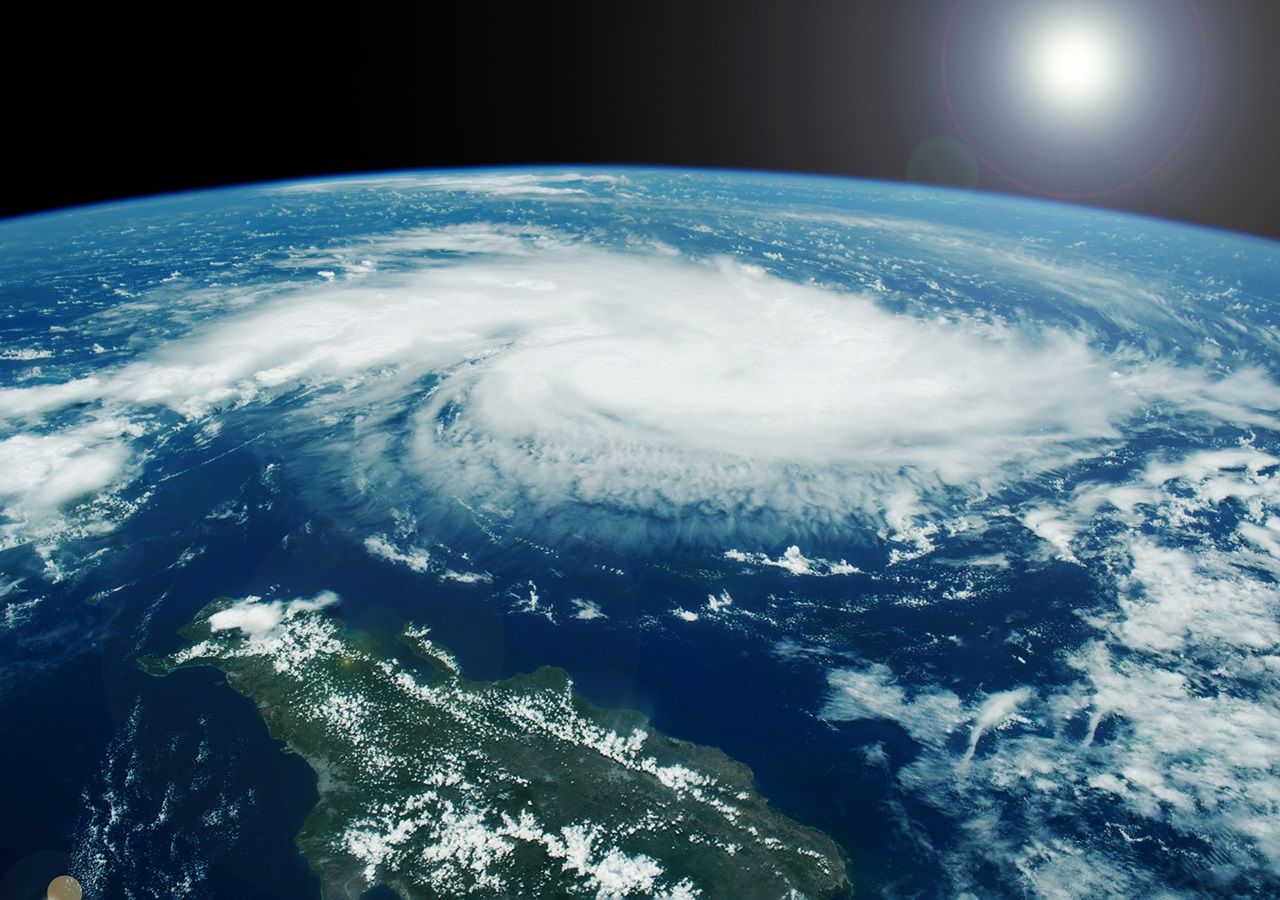Sea surface salinity recorded on Wednesday, January 10, 2024. Source: Copernicus. Reina Campos Caba Meteored Chile 25/01/2024 20:00 6 min
The oceans are the largest reservoir in the global water cycle. and the source of precipitation, mainly liquid. Sea surface salinity responds directly to the net gain or loss of water at the ocean surface. In this sense, significant progress has been made in monitoring the global field of ocean salinity in recent decades. with technology on site and through satellites.
The field of ocean salinity has become a indicator of change in the water cycle and may provide new predictive capabilities for rainfall on Earth, points out the European Union Programme, Copernicus.
These new observational capabilities lead to new ideas about Connectivity between ocean surface salinity and the global water cycle. It is therefore imperative to promote and maintain salinity observations and understanding of how its variability originates on the ocean surface.
A new species of giant amphibian older than dinosaurs is discovered in Brazil
Added to everything mentioned, about 25% of carbon dioxide (CO2) Introduced by humanity into the atmosphere, it is stored in the ocean. Despite the price we pay as a planet for this buffering action It is the acidification of the oceans.
Projections of sea salinity and its influence on climate variability for the end of the 21st century
The influence of atmospheric composition on Earth’s climates as we know it has been widely studied, but the role of oceanic composition has received less attention. That is why in the study published in 2022 in the journal Geophysical Research Letters was used a general circulation model between the ocean and the atmosphere to investigate the response of the climate system to ocean salinity, both in high and low concentrations.
Sea surface salinity recorded on Thursday, January 11, 2024 on the coasts of Africa. Source: Copernicus.
The research team found that Saltier oceans produce warmer climates, which is largely attributed to changes in ocean dynamics. Rising ocean salinity from 20 g/kg to 50 g/kg results in a 71% reduction in coverage of sea ice on our current planet.
The climate impacts of ocean composition are not simply limited to its interactions with greenhouse gases (GHGs). The density of sea water increases with increasing salinity and the salt content of seawater alters the relationship between its temperature and density, the study mentions.
A second study that we have considered as a reference This news was published in 2021 by Journal of Climate. Here they investigated the mechanisms related to projected salinity changes under the RCP8.5 scenario, That is, if the constant increase in GHG emissions continues, which is It would double by 2050 and triple by the end of this century.
By changing the saline composition of the Atlantic Ocean we could also see changes in the evolution of hurricanes.
Compared to current ocean conditions, sea surface salinity would increase towards the end of the 21st century in the tropical and subtropical Atlantic Ocean. Quite the opposite would occur throughout the entire basin of the Indian and Pacific oceans.
British paleobotanists discover the oldest forest in the world near New York
Therefore, the modification of the salinity of the sea surface water directly influences the precipitation distribution, something that we can see in the ocean-atmosphere interaction phenomenon El Niño Southern Oscillation (ENSO) since one of the indicators to declare the predominant phase is the sea surface temperature (SST).
News references:
Olson, S., Jansen, M. F., Abbot, D. S., Halevy, I., & Goldblatt, C. (2022). The effect of ocean salinity on climate and its implications for Earth’s habitability. Geophysical Research Letters 49 (2022).
Sathyanarayanan, A., A. Köhl, and D. Stammer, 2021: Ocean Salinity Changes in the Global Ocean under Global Warming Conditions. Part I: Mechanisms in a Strong Warming Scenario. J. Climate 34 (2021).
Copernicus. Global Ocean Salinity and the Water Cycle (2017).
2024-01-25 19:41:02
#sea #salinity #affect #global #climate


